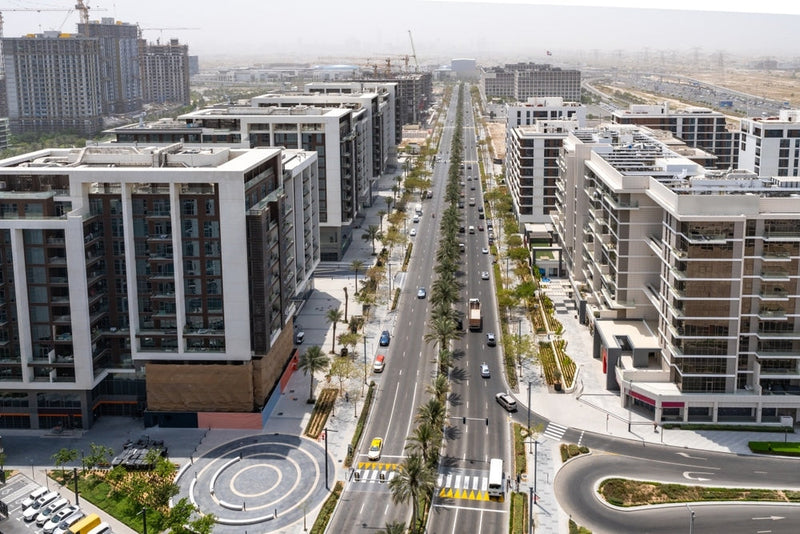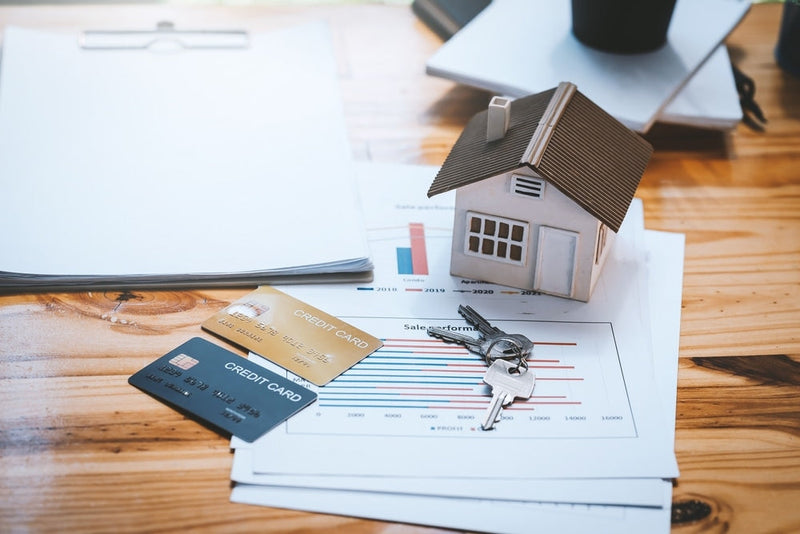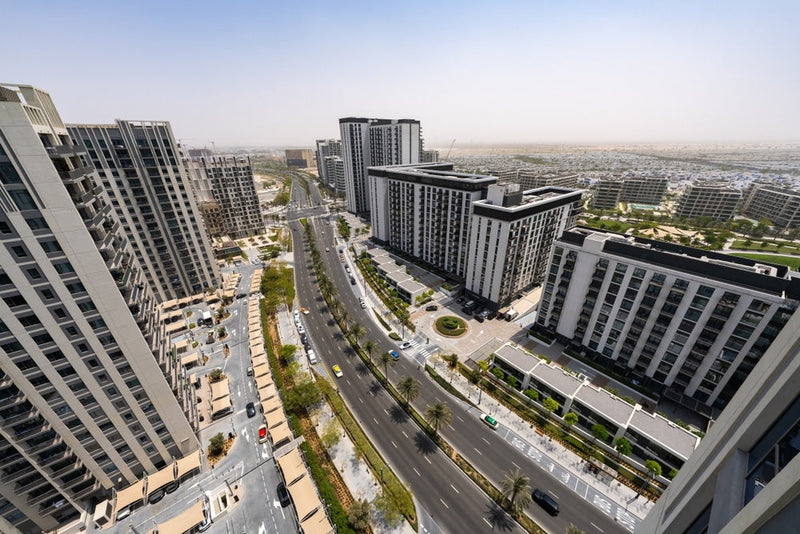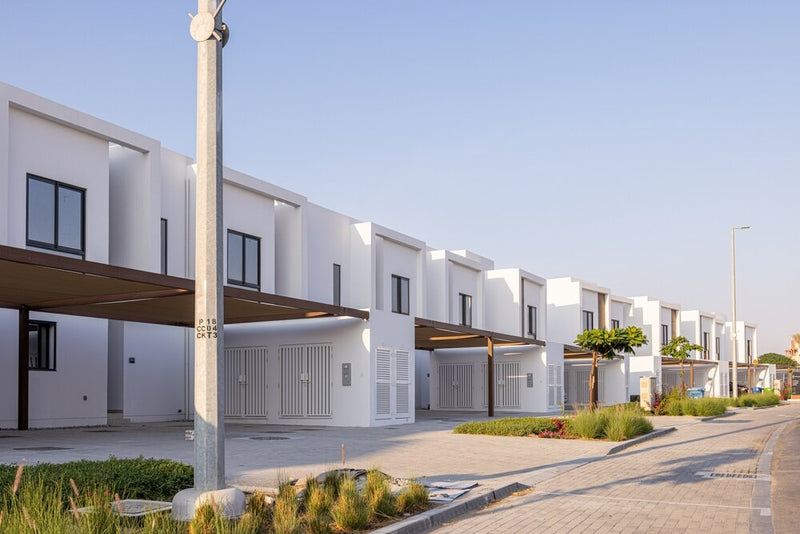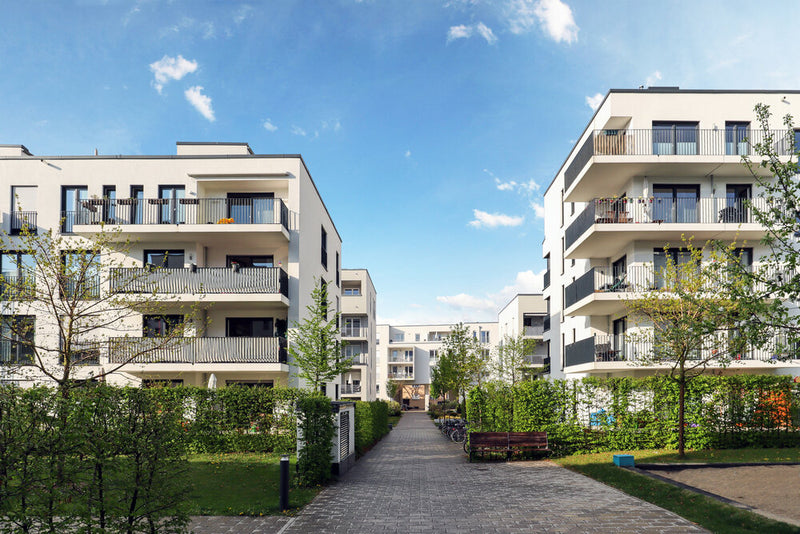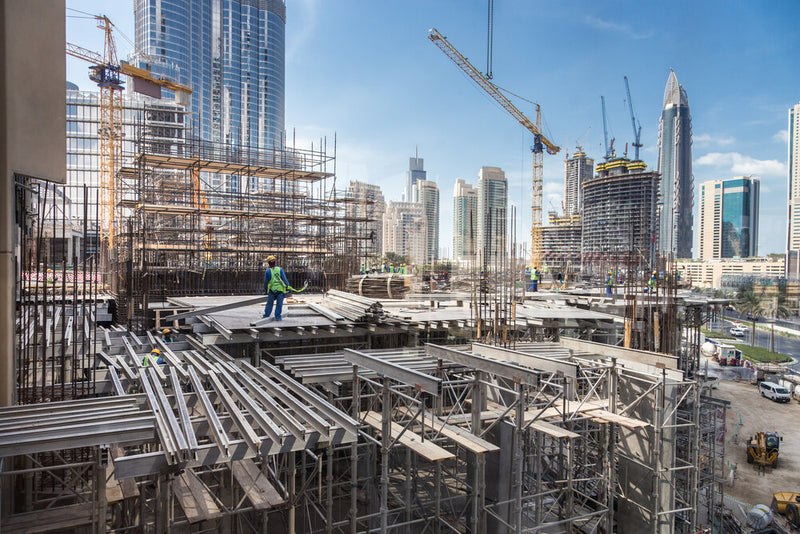When it comes to purchasing property in Dubai, prospective buyers are often intrigued by the city's stunning skyline, luxurious real estate offerings, and the promise of a vibrant lifestyle. Amidst the excitement of acquiring a piece of this urban oasis, it is crucial to understand the tax implications that come with property ownership in Dubai.
This comprehensive guide will delve into the intricate details of property taxes, exemptions, payment methods, and more, providing you with a clear understanding of what to expect. Whether you're a seasoned investor or a first-time buyer, navigating the tax landscape is essential for a successful real estate venture.
What is the Average Property Tax Rate in Dubai?
Property taxes in Dubai are distinct from many other global jurisdictions. Unlike traditional property tax systems, Dubai does not impose a direct property tax on residential properties. This unique feature has been a significant draw for international investors, making Dubai a tax-efficient destination for real estate investments. Therefore, the average property tax rate, as commonly encountered in other regions, is not applicable in Dubai.
How Often Are Property Taxes Billed in Dubai?
Dubai's property tax system takes a different approach than many other countries. Property taxes, as traditionally understood, are not billed on a regular basis in Dubai. Instead, the Dubai Land Department mandates a one-time registration fee known as the "property registration fee" or "transfer fee."
This fee is due upon purchasing the property and is typically a percentage of the property's purchase price. It is important to note that this fee is distinct from ongoing property taxes and serves as the primary revenue source for the Dubai government from property transactions.
What is the Average Amount of Property Taxes Paid in Dubai?
As previously mentioned, Dubai does not levy recurring property taxes on residential properties. The primary financial commitment for property buyers is the property registration fee, which varies based on the property's value. This fee typically ranges between 4% to 6% of the property's purchase price.
For instance, if you purchase a property worth AED 1 million, you can expect to pay a property registration fee ranging from AED 40,000 to AED 60,000. Budgeting for your Dubai property investment should take this fee into consideration.
What is the Appeals Process for Property Taxes in Dubai?
Given that Dubai's property tax system is centered around a one-time registration fee, the concept of appealing property taxes does not apply in the traditional sense. However, if you believe there has been an error in calculating the property registration fee, you can engage legal professionals specialising in real estate transactions to review the assessment and ensure its accuracy. This process guarantees that you are not overcharged and helps maintain transparency in property transactions.
How Are Property Taxes Calculated in Dubai?
Dubai's property tax calculation is primarily centered around the property registration fee, which is calculated based on the property's purchase price. This fee is payable at the time of property transfer and is not an ongoing expense. The absence of recurring property taxes contributes to Dubai's allure as a tax-efficient real estate market. Additionally, the city does not impose capital gains tax on property transactions, further enhancing its attractiveness for investors seeking favorable tax conditions.
Are There Any Exemptions or Discounts Available for Property Taxes in Dubai?
While Dubai does not offer traditional property tax exemptions or discounts, the absence of recurring property taxes serves as a significant financial advantage. However, it is essential to consider other costs associated with property ownership, such as maintenance fees, service charges, and homeowners' association fees. These expenses can vary based on the type of property and the development in which it is located.
How Can I Pay My Property Taxes in Dubai?
To facilitate the payment of the property registration fee, buyers typically engage the services of a legal advisor or property agent who assists in navigating the intricacies of the transaction process. These professionals ensure that the correct fees are calculated and facilitate the seamless transfer of ownership. As Dubai strongly emphasises transparency and efficiency, property transactions are conducted through the Dubai Land Department's secure online portal, minimizing the need for physical paperwork.
Who Is Responsible for Collecting Property Tax in Dubai?
The Dubai Land Department is the governmental authority responsible for overseeing property transactions and collecting the property registration fee. This department plays a pivotal role in maintaining the integrity of real estate transactions and ensuring that the appropriate fees are collected at the time of property transfer.
Who is Eligible to Pay Property Tax in Dubai?
In Dubai's property tax framework, all property buyers must pay the property registration fee upon acquiring real estate. This includes residents and non-residents, further reflecting Dubai's commitment to providing a level playing field for investors worldwide. Understanding and fulfilling your tax obligations is essential to a smooth and successful property acquisition process, regardless of your nationality or residency status.
Let's Begin!
If you're ready to explore the dynamic world of Dubai real estate, consider partnering with GAMMA Real Estate for expert guidance and personalized assistance. Visit our GAMMA Real Estate For Sale Page to learn more about our comprehensive services. Start your journey toward successful property ownership in Dubai.








